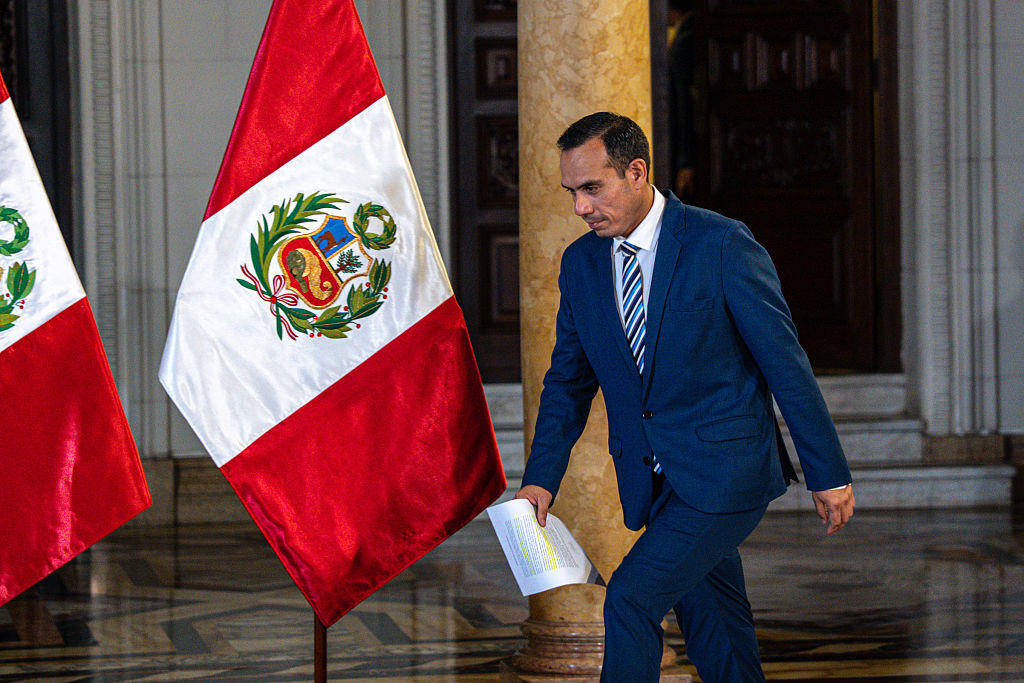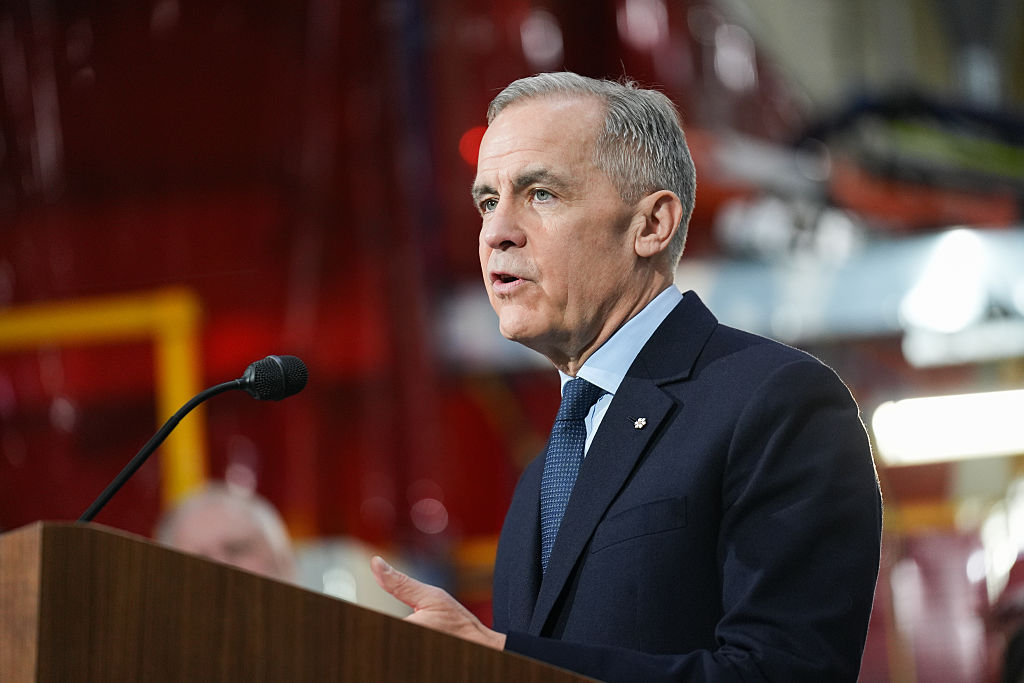Argentina Country Update
Argentina Country Update
After winning nearly 45 percent of the vote in the first round of elections, President-Elect Cristina Fernández de Kirchner will assume office on December 10. Continued economic growth and revamping the national statistics institute will be top concerns.
Topics in this issue:
Election Results: Provincial Breakdown and the Opposition
Main Challenges
Regional Relations
Voters affirmed pre-election presidential polls and handed Cristina Fernández de Kirchner a first round victory with nearly 45 percent of the vote. Elisa Carrió secured 22.9 percent of voter support, with former economy minister Roberto Lavagna taking third place in the October 28 contest. While Fernández de Kirchner overwhelmingly defeated her closest challenger, just 74.1 percent of Argentines participated in the election—one of the lowest voter turnouts in history. Nestor Kirchner, her husband and current president will present the presidential sash as part of the December 10 swearing-in ceremony. Once in office, Fernández de Kirchner will enjoy majority control of Congress.
The popularity of Fernández de Kirchner was reinforced through the large support received in working-class rural and suburban areas. But, while winning 21 of 24 provinces, she will face an uphill battle in gaining the confidence of voters in larger urban areas, especially middle and upper-class strongholds. Carrió won by 14 percent in the city of Buenos Aires, and Lavagna finished with a 12 percent lead in Córdoba. Although she did not fare well in the city of Buenos Aires, Fernández de Kirchner won 45 percent of the vote in the province of Buenos Aires—the home to almost 40 percent of Argentina’s population. She also received strong backing in northern provinces such as Santiago del Estero and Salta, where she led with 77.9 percent and 74.4 percent of the vote, respectively.
Nationwide, Kirchner allies saw mixed results. Vice President Daniel Scioli won the gubernatorial race in the province of Buenos Aires. However, Julio Cobos, governor of Mendoza and Vice President-elect, experienced a slight setback in his province. Despite overall support for the Fernández de Kirchner-Cobos ticket, the Cobos coalition candidate lost to Celso Jaque by 7 percent in the governor’s race. Jaque is a supporter of the Kirchners.
In the near term, Fernández de Kirchner will face a fragmented opposition that lacks a consolidated alternative party. The two potential opposition leaders—Mauricio Macri, mayor-elect of the city of Buenos Aires, and Elisa Carrió—are focusing on their individual political clout rather than taking on the President-elect.
Rather than campaigning domestically, Fernández de Kirchner spent much of the electoral season meeting with international political and business leaders. Increased international investment will be a priority for her administration. Through investment, Fernández de Kirchner hopes to tackle two immediate challenges: addressing current energy sector concerns and reducing inflationary expectations.
The National Institute for Statistics and Census continues to face skepticism about the reliability of its reporting. Fernández de Kirchner, while defending official figures, is responding to that criticism with a proposal to change Argentina’s inflation calculating methodology. An alternative system could mirror the U.S. method, where changes in consumer behavior are reflected in official figures. Rising food prices have heavily affected Argentina’s inflation rate, and the U.S. sub-index for measuring core inflation excludes food prices.
Improving access to the international credit market is another pressing challenge. To accomplish this goal, Fernández de Kirchner will seek to move ahead with Paris Club negotiations. A potential deal could gain speed if recent conversations between the Argentine government and Dominique Strauss-Kahn, managing director of the IMF, produce results.
Relations were off to a good start for Fernández de Kirchner and Uruguayan President Tabaré Vázquez. He was among the first to call and congratulate her after winning the presidency. Both Argentina and Uruguay await closure over the Botnia pulp mill contamination dispute. However, with the pulp mill officially opening on November 8, relations have taken a downward turn. Fernández de Kirchner also emphasized her support of Mercosur and will push for deepening and strengthening the regional bloc. Outside Mercosur, she is expected to reach out to Mexico and Chile, looking at these countries as important regional partners.
On the multilateral front, both President Kirchner and Fernández de Kirchner recently met with Luis Alberto Moreno, president of the IDB. At the Buenos Aires meeting, they agreed on a $250 million credit from the IDB to finance both small and medium enterprises in Argentina and environmental projects. The agreement sends a strong signal that Fernández de Kirchner will be dedicated to both issues. The World Bank is also engaging Fernández de Kirchner. She met with the regional vice president for Latin America, Pamela Cox, to discuss the availability of further lines of credit. UN Secretary General Ban Ki Moon has held discussions with the Kirchners. The secretary general praised Argentina’s economic recovery and human rights policies while offering to mediate the long-standing dispute between Argentina and Great Britain over the Malvinas/Falklands islands.








